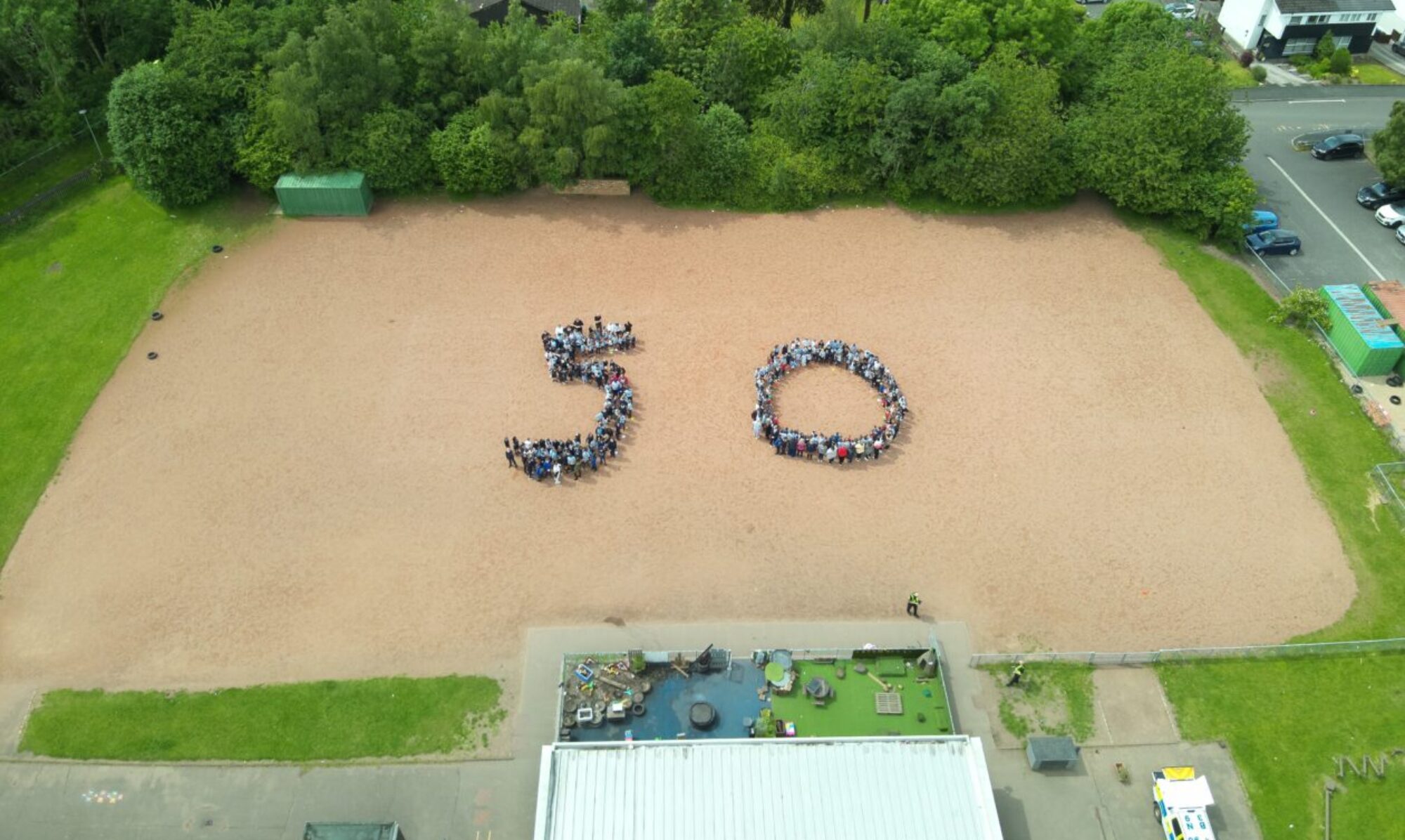Children began their learning on Growth Mindset this afternoon. We read Your Fantastic Elastic Brain by JoAnn Deak. We found out that the different areas of our brain do different kinds of jobs.
Cerebrum- helps us think and speak
Cerebellum- helps of move and balance
Prefrontal Cortex- helps us plan and make decisions
Amygdala- helps us control our emotions
Hippocampus- helps us store and find memories.
Our neurons are tiny brain cells that make electrical signals to send messages between areas in the brain.
We worked together to make a giant brain which shows that when we demonstrate a Growth Mindset (we practise, persevere, take on challenges) our neurons fire and we learn and grow our brains. If we don’t focus, practise new skills and give up when coming across challenges our brains don’t grow as much. We call this having a Fixed Mindset. Ask your child to see the work they coloured and labelled today. Most children have remembered to bring this home this afternoon. We will be learning more about the difference between a Growth and Fixed Mindset over the next few weeks.
Read our home link sheet to find out about our Growth Mindset.
Homework tasks this week
Growth Mindset Homework-
Speak with your child about a time that they learned a new skill or got better at something through practice. Children will share this with the class on Friday.
Share with your child a time that you learned a new skill through practice.
Reading– core reader (reading book);
Spelling– spelling pattern ck– and common words (me, we, be, she)
Please encourage your child to:
Say the word e.g. clock
Break it into the sounds e.g. c-l-o-ck(4 sounds)
Blend it- c..l..o..ck.(stretching out each sound)
Write it (whilst covering the word)
Check it (against the written format)
If possible tackle one column of spelling on 2 different nights. An active spelling grid is in the front cover of the literacy homework jotter. You should pick one to try on a third night.
There will be a spelling dictation on Friday this week.
Maths-There is no new maths task this week because many children will be busy with out of school Halloween activities. If anyone is looking for maths- keep going with the numbers to 20 activities which were issued last week. Children will benefit from repeating these activities over the next few weeks- so hang on to the number cards.
As a reminder , aspects suggested include:
- Reading numbers (this could be extended to writing numbers without looking)
- Sequencing numbers– low to high and high to low using knowledge of forward and backward number word sequences to help (increase challenge level by starting at numbers other than forward from 1 and back from 20.
- Ordering numbers– from low to high and high to low- (the difference between ordering and sequencing is that there won’t be a pattern in ordering it is just placing in order 6/8 random cards)
- Find the number before/ after 1 less than/1 more than (it’s useful to become familiar with different number vocabulary) (make it more challenging by asking for 2/3 less than/more than- children will need to count on and back)
- Sorting numbers into odd and even. How do you know? (prove it through drawing? Partitioning? Other method?)
- Make an odd or even number sequence (e.g. 2,4,6,8… 1,3,5,7… )
- Partitioning teen numbers in to 10 and ___- e.g. 16 is 10 and 6
Thanks for your support with homework.
Ms Crawford

